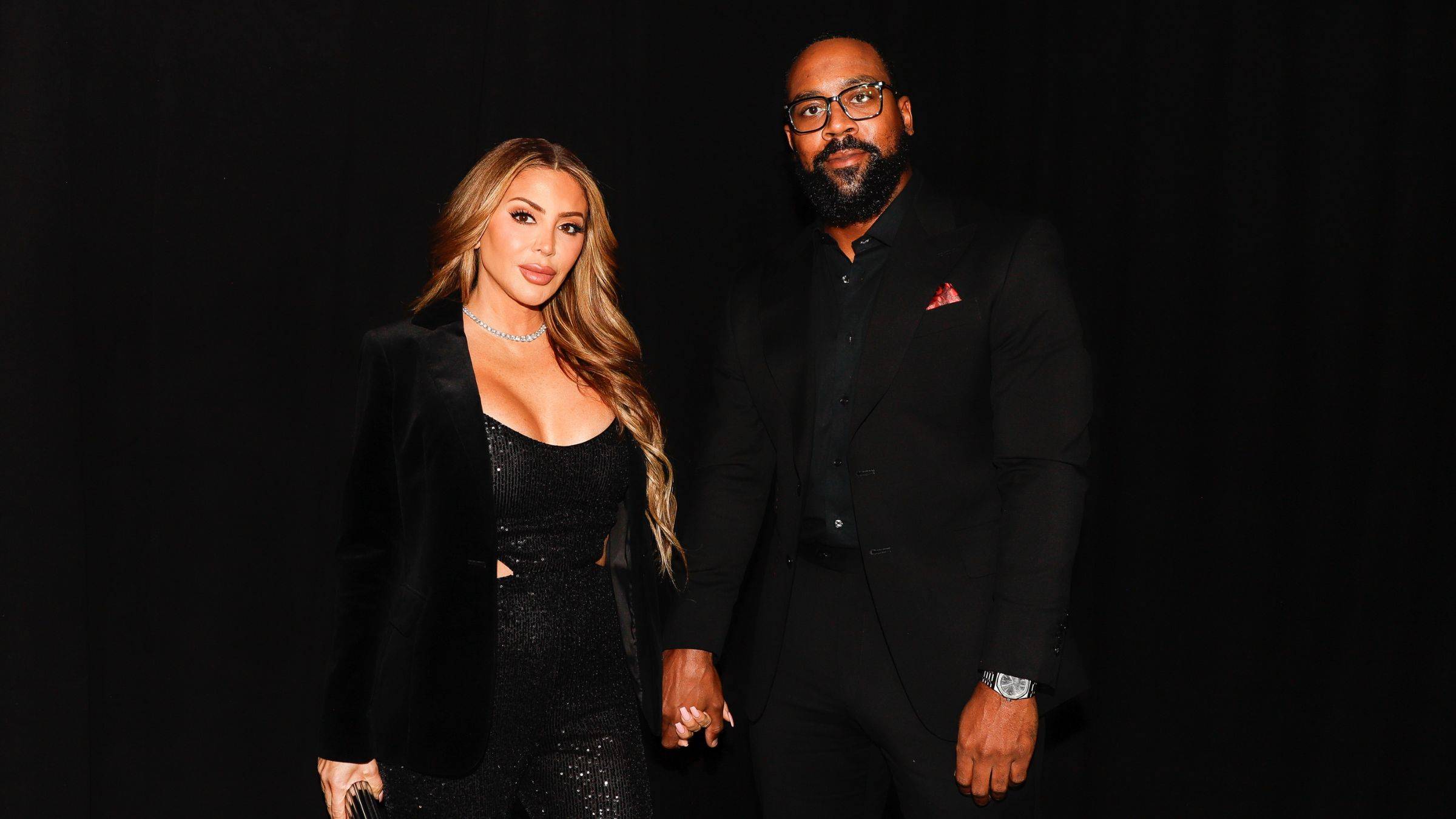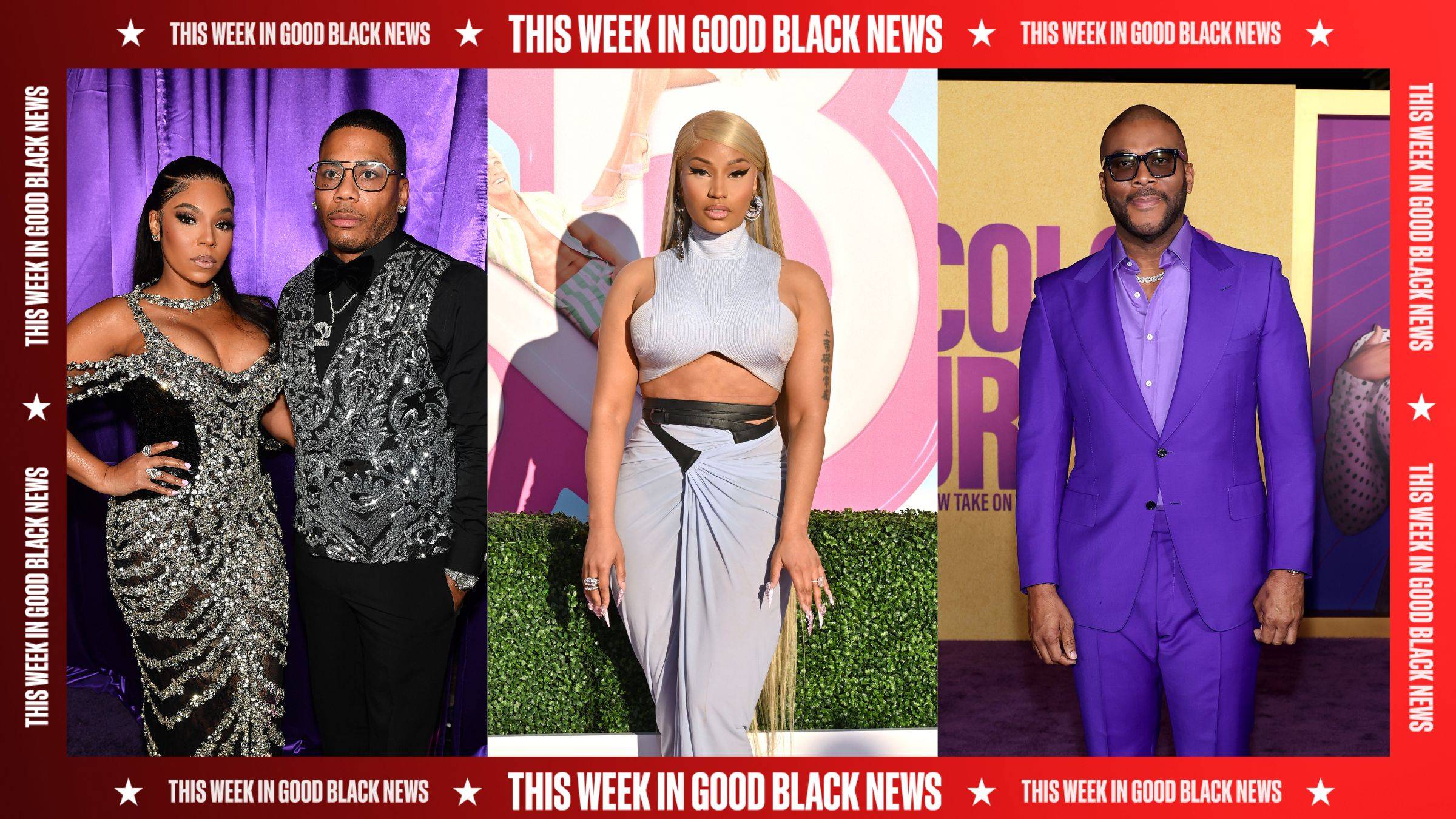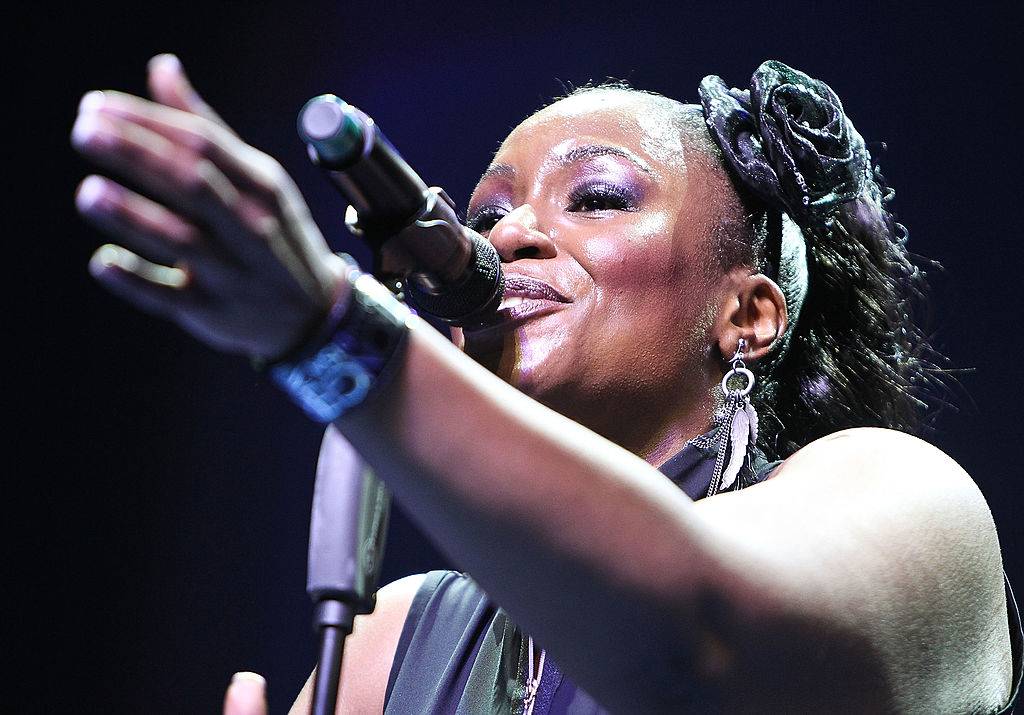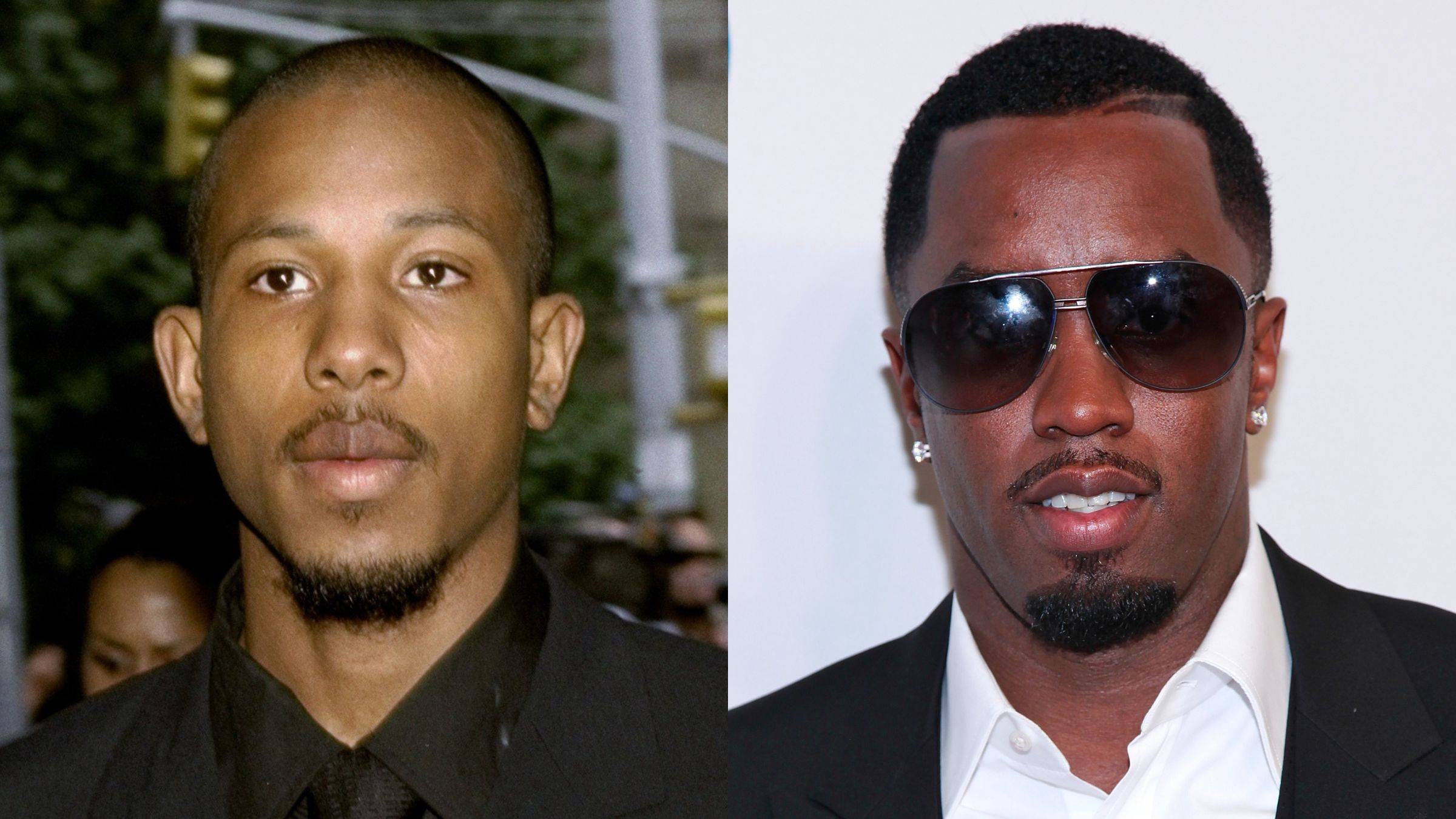Why HBCUs Need to Stay Woke
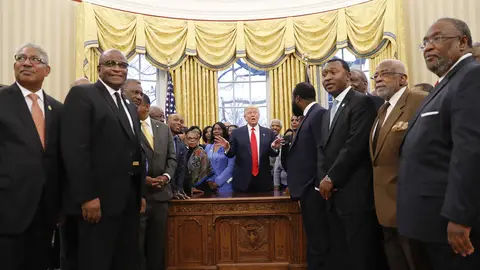
President Trump’s “skinny budget,” slashing $54 billion of non-defense spending, could deliver a death blow to Historically Black Colleges and Universities (HBCUs).
Several months after Donald J. Trump kicked off his campaign courtship with Black America by telling a majority-white crowd to “look how much African-American communities are suffering...You’re living in poverty. Your schools are no good. You have no jobs. Fifty-eight percent of your youth is unemployed. What the hell do you have to lose,” Trump unveiled his proposal to improve the “catastrophic” lives of Black Americans.
The gross inaccuracy of the statement was immediately called out by pollsters and pundits as Census Bureau and Department of Labor data confirmed that 74.6 percent of African-Americans were living above the poverty line, 84.7 percent had attained a high school diploma or higher, the Black unemployment rate was 8.9 percent and the Black youth unemployment rate (ages 16-19) was 21.4 percent.
The proposal managed to once again conflate all of Black America with poor, crime-ridden inner cities while omitting any references to gun violence, strained police relations, mass incarceration or unjustified killings of unarmed Black children, men and women. However, the plan did include a promise to “ensure funding for Historically Black Colleges and Universities” — a promise representatives of HBCUs immediately seized upon once Trump was elected.
In a 14-page memo to President-Elect Trump, the United Negro College Fund (UNCF) presented “Ten Ways to Invest in Historically Black Colleges and Universities.” Topping the list was a request for Trump to issue an executive order to support HBCUs during his first 100 days in office.
The memo held no punches, serving accolades with a side of salt to the Obama Administration for establishing the White House Initiative on HBCUs but failing to “implement robustly” with increased funding and accountability. The December 2016 memo and its February 2017 companion outlined a plan to turn Trump’s vague promise of ensuring HBCU funding into a useful mechanism for producing more college graduates from underrepresented communities.
The UNCF plan highlights federal budget items for spending that benefit HBCU students, including annual increases in Title III HBCU Program funds (used by colleges to supplement student services and academic programs, among other uses), year-round Pell grants with an increased ceiling and a $110 million increase in the Federal Work-Study Program (provides financial aid and real-world work experience for college students).
Executive Orders and federal funding to support HBCUs are nothing new. The first executive order stating its support for HBCUs was issued by Pres. Carter in 1980, and every U.S. president has issued an HBCU Executive Order since then. Likewise, the Title III HBCU Program has been around for over fifty years. (It began as part of the Higher Education Act of 1965). Title III, which includes over 100 schools in its definition of Historically Black Colleges and Universities, was enacted to strengthen the educational capacity of HBCUs.
However, federal support for colleges and universities is not a “black thing.” Traditionally white institutions have been receiving federal funds in the form of land grants and cash since the Morrill Act of 1862, which provided funding to public schools like Kansas State and University of Maryland, College Park; and private colleges like Cornell and MIT. Present-day federal funding for HBCUs partially operates as back-payments on a 155-year old promissory note for resources that were historically denied to Black colleges. (Title III includes a congressional finding that “States and the Federal Government have discriminated in the allocation of land and financial resources to support Black public institutions.) All federal funding for college education, whether for HBCUs or traditionally white institutions, is also an investment in the next generation of American workers.
Federal funds are essential to HBCU operations. "Our nation’s HBCUs rely on various types of funding to support their missions. Federal funding is key to many of the functions of our nation’s HBCUs. Around the country, whether an institution is predominantly white or minority-serving, we have seen a steady decline in State funding for general operating expenses,” says Lincoln University President Kevin Rome. Dr. Rome, who serves as Chair of the Public-land grant Universities’ Council of 1890s, also notes that historically Black public-land grant universities have been battling for matching funds from their states to support their land-grant status.
The high stakes may explain the meeting of HBCU presidents forever etched in the memories of many with the image of twenty Black academic leaders flanking Donald Trump in the Oval Office as his counsel, Kellyanne Conway, sat with feet dug into the presidential couch, fiddling with her phone. The meeting was held against the backdrop of HBCU protests, like the student-led #HUResistance movement that included among its demands rejection of funds “from an administration that inherently hinders the pursuit of Black liberation” — a sentiment made abundantly clear in a message scrawled across a Howard University sidewalk: “Welcome to the Trump Plantation. Overseer, Wayne A. I. Frederick.” (Howard University President Wayne Frederick, who had attended Trump’s HBCU meeting hours before the message appeared, issued a statement condemning the graffiti.)
Even with doubts regarding the sincerity of a president who has repeatedly denigrated the population HBCU presidents represent, for some, it’s better to at least be at the table. “We must continue to voice our needs to those in power on the state and federal level. Our fight is not for anything extra, but for parity as we work to educate the next generation of productive global citizens,” says Dr. Rome. As one D.C. insider intimately familiar with the federal budget process notes, “federal funding isn’t ‘Trump’s money,' it’s taxpayers’ money and turning it down doesn’t mean it won’t be spent. It just means [you] won’t get any.”
Trump released his executive order on The White House Initiative to Promote Excellence and Innovation at Historically Black Colleges and Universities shortly after his meeting with HBCU Presidents. The order directs federal agencies to establish how they intend to “increase the capacity of HBCUs to compete effectively for grants, contracts or cooperative agreements,” but it does not include specific funding goals. Apart from language that moves the HBCU Initiative from the Department of Education to the White House, Trump’s executive order is nearly identical to Obama’s (which also omitted specific funding goals).
The real measure of HBCUs’ value in Trump’s America will be revealed in the budget itself. Money talks, so stay woke.
The opinions expressed here do not necessarily reflect those of BET Networks.
